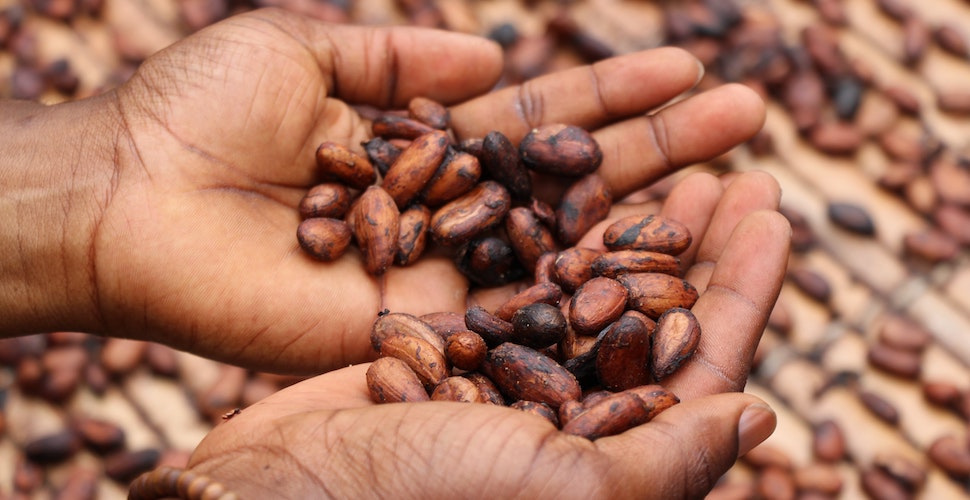Exploited on cocoa plantations in Ivory Coast, eight Malian survivors of child exploitation and human trafficking have launched a new federal legal class action in the U.S. against chocolate industry giants, Nestlé, Cargill, Barry Callebaut, Mars, Olam, Hershey, and Mondelēz. This is the latest action in a long legal battle for justice in U.S. courts.
The plaintiffs are seeking compensation for “unjust enrichment, negligent supervision and intentional infliction of emotional distress” as well as damages resulting from their forced labor.
In the legal claim, the eight survivors allege being trafficked from Mali to Ivory Coast under the assumption that they would be paid for their work. But once they arrived, they worked several years or more with no pay or travel documents, and no information on when they could leave the plantation.
The case report also shows they were barely fed while being working long hours and often kept alone or isolated from other children who spoke the same dialect.
The experiences of these eight survivors are not unique within the cocoa industry. The cocoa harvesting industry in Ghana and Ivory Coast has long-standing structural problems ranging from child slavery to deforestation and generational poverty.
In 2001, the Harkin- Engel Protocol was established as a voluntary mechanism to help tackle child slavery in cocoa.
Chocolate industry leaders promised under the Harkin-Engel Protocol nearly 20 years ago to substantially reduce the worst forms of child labor—including child slavery—in the cocoa industry but they have failed to meet that goal.
Freedom United has been campaigning on the issue of child exploitation upon the release of the recent Harkin-Engel Protocol report calling on companies to tackle child exploitation within their supply chains.
This is the first time a class-action lawsuit of this kind has been filed against the cocoa industry in the United States. The case is being presented under the Trafficking Victims Protection Reauthorization Act of 2017. In 2005 a class action was filed on behalf of six former child slaves against Nestle and Cargill under the Alien Tort Statute. The case is still pending and has now reached the U.S. Supreme Court.
Many large companies claim that they did not know these types of violations were occurring within their supply chains and they do not directly own some of the plantation farms in question.
However, one key point in this lawsuit is that companies might be “knowingly profiting” from these exploitations and that they should know about the systemic abuse within their supply chains as they are conducting business.
The Guardian was able to get comments from the companies facing this lawsuit:
In a statement Cargill said: “We are aware of the filing and while we cannot comment on specifics of this case right now, [the company wants] to reinforce we have no tolerance for child labor in cocoa production. Children belong in school. They deserve safe living conditions and access to good nutrition.”
Nestlé said that the lawsuit “does not advance the shared goal of ending child labor in the cocoa industry” and added, “child labor is unacceptable and goes against everything we stand for. Nestlé has explicit policies against it and is unwavering in our dedication to ending it. We remain committed to combatting child labor within the cocoa supply chain and addressing its root causes as part of the Nestlé Cocoa Plan and through collaborative efforts.”
Stay up to date on the latest news on child exploitation within the cocoa industry by joining our campaign and calling on companies to end child abuse within their supply chains.







Freedom United is interested in hearing from our community and welcomes relevant, informed comments, advice, and insights that advance the conversation around our campaigns and advocacy. We value inclusivity and respect within our community. To be approved, your comments should be civil.
É um grande absurdo
Justice for the children l saluting the action taken kids should be in school.